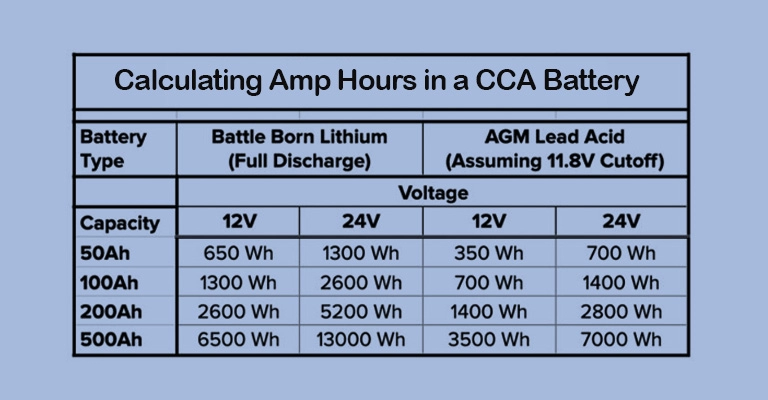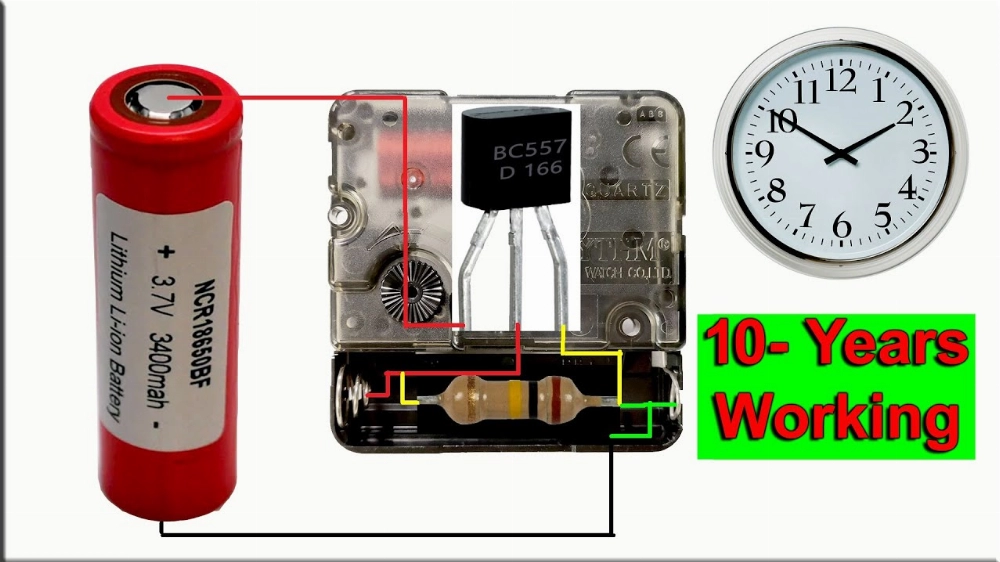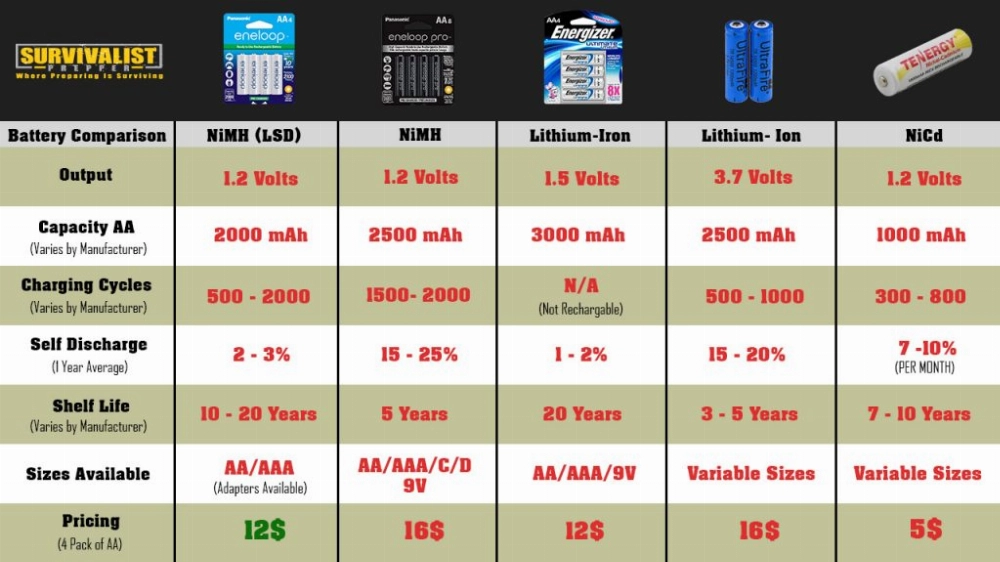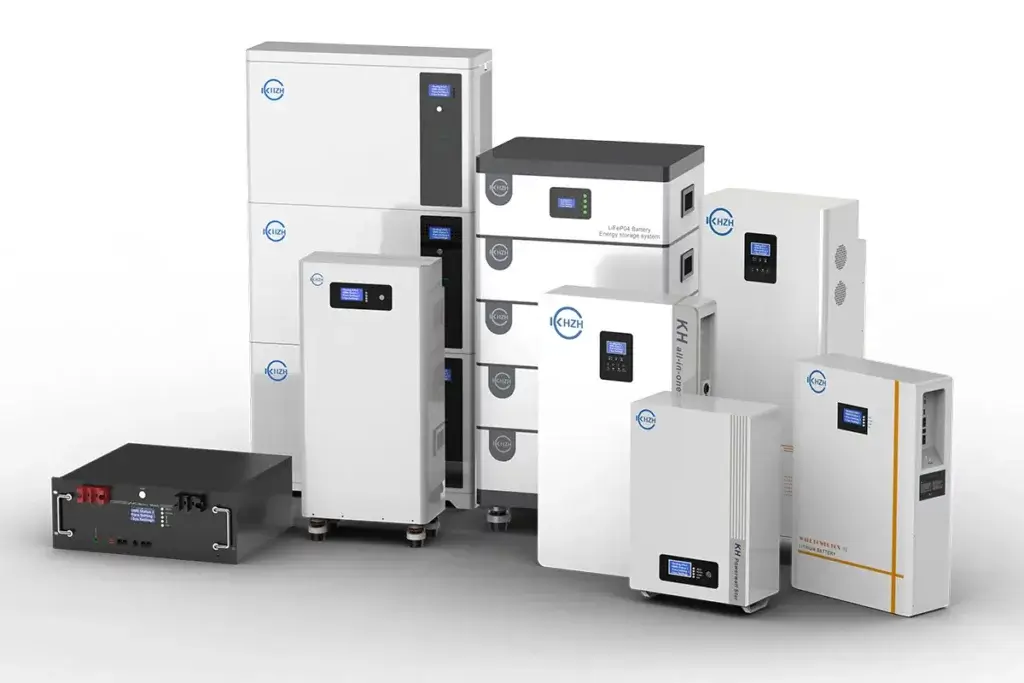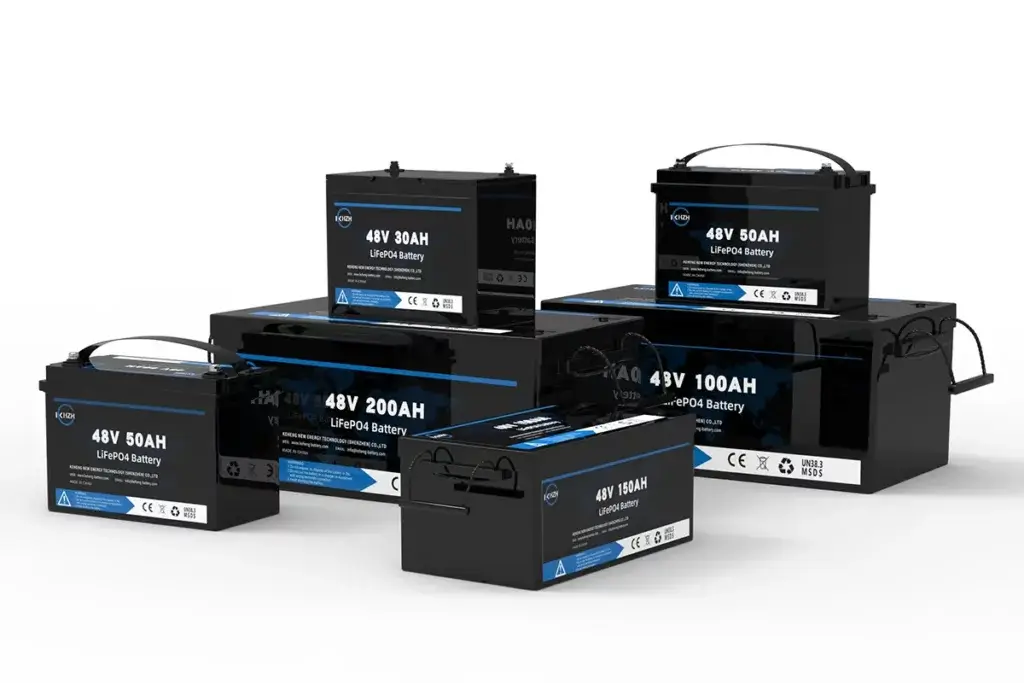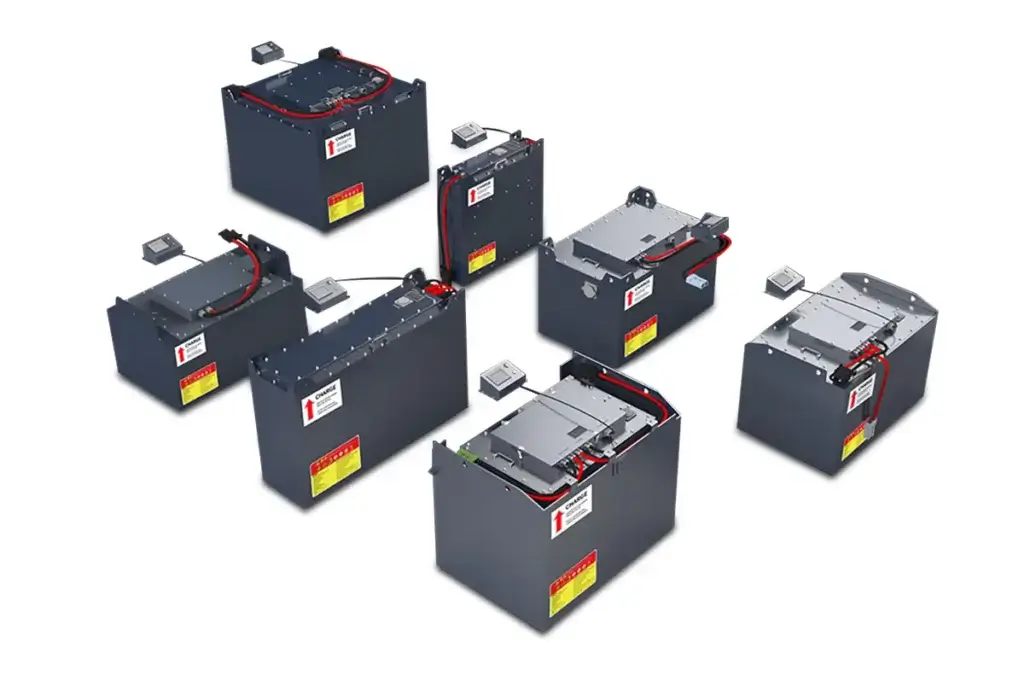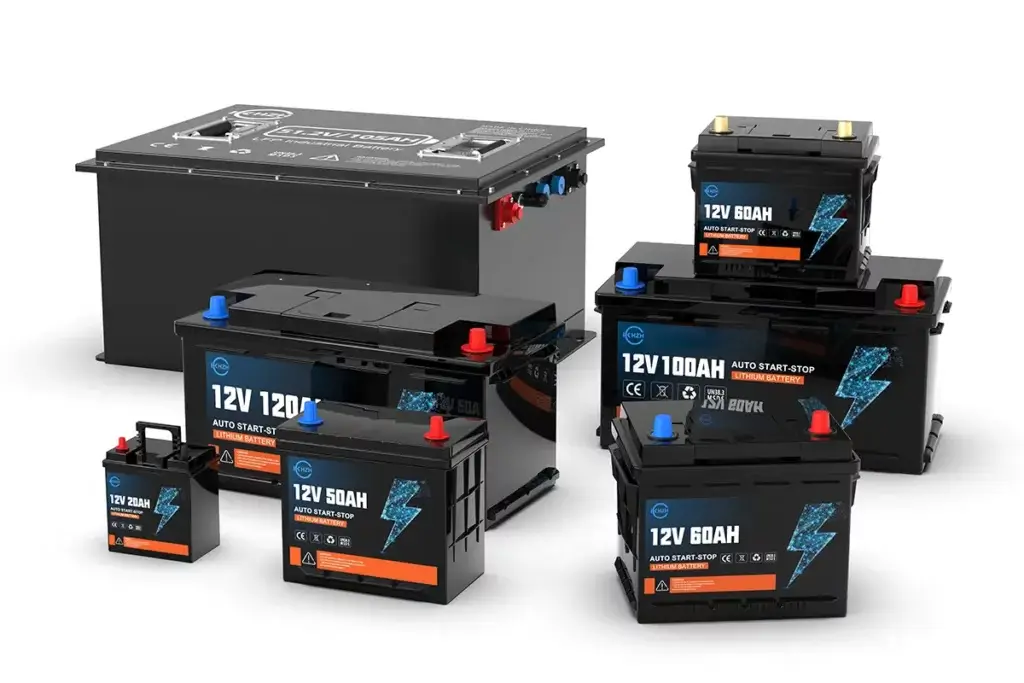Many people find the concept of AC battery voltage confusing. The idea of an “AC battery” might seem contradictory at first. After all, batteries are traditionally known for providing direct current (DC) electricity, while alternating current (AC) is usually associated with grid power or utility power. So, what exactly is AC battery voltage, and how does it work? This article will break down the basics, clear up common misconceptions, and explore how AC batteries function in practical applications.
This guide aims to help you understand AC battery voltage, how they work, and their significance in modern technology.
Part 1: What is an AC Battery?
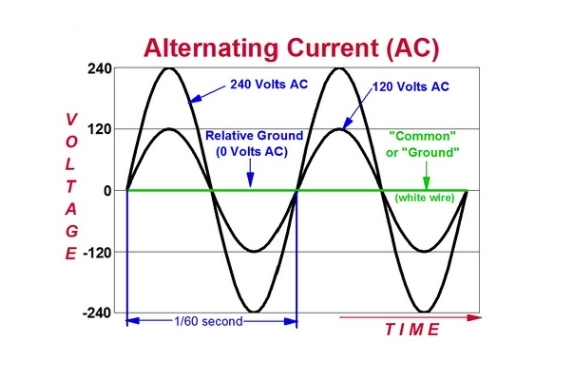
An AC battery is not a battery in the traditional sense. Instead, it refers to an energy storage system that combines a battery (typically DC-based) with an inverter. The inverter’s role is to convert the DC electricity stored in the battery into AC electricity. This converted AC power can then be used to power household appliances, industrial equipment, and other devices that require AC power.
In short, an AC battery merges a battery with an inverter to provide AC power directly. This is particularly useful in renewable energy systems like solar, where the stored energy needs to be converted to AC for practical use.
Part 2: What is the AC Battery Voltage?
The voltage of an AC battery depends on the inverter. Typically, the inverter will output AC voltage at 120V or 240V, depending on regional standards, to be compatible with the electrical systems of homes and businesses.
However, the voltage stored internally within the AC battery in DC form is usually 12V, 24V, or 48V, depending on the design and capacity of the battery.
Summary:
- AC batteries typically output 120V or 240V AC, based on the standards in your region.
- The internal voltage of the battery (in DC form) is usually between 12V, 24V, or 48V.
Part 3: How Does an AC Battery Work?
An AC battery operates based on the combination of two key components:
- Battery: This serves as the energy storage unit, holding electrical energy in the form of Direct Current (DC). Battery types commonly used in AC systems include lithium-ion batteries, lead-acid batteries, and other advanced chemistry batteries.
- Inverter: This device converts the DC power stored in the battery into Alternating Current (AC), which is what most electrical appliances use.
When energy is needed, the inverter draws DC power from the battery, processes it, and outputs AC power at the appropriate voltage and frequency. This seamless conversion process is what makes AC batteries so versatile and user-friendly.
Part 4: What are the Applications of AC Batteries?
Due to their versatility, AC batteries are widely used in the following areas:
- Renewable Energy Systems: AC batteries are widely used in solar and wind power installations to store excess energy and provide AC power when needed.
- Uninterruptible Power Supplies (UPS): AC batteries are crucial in UPS systems, providing backup power during outages.
- Portable Power Solutions: Many portable power stations and generators utilize AC batteries to power appliances, tools, and devices on the go.
- Electric Vehicles (EVs): While EVs typically use DC batteries, some advanced systems also incorporate AC components for specific functionalities.
Part 5: What are the Advantages of AC Batteries?
AC batteries offer several key advantages:
- Ease of Use: The built-in inverter offers plug-and-play functionality, directly providing AC power.
- Compatibility: The AC output makes them compatible with most household and commercial appliances.
- Versatility: AC batteries can be used in both on-grid and off-grid systems.
- Energy Efficiency: Modern AC battery systems minimize energy loss during the DC-to-AC conversion process.
- Compact Design: The integrated battery and inverter design saves space and simplifies installation.
Part 6: How Does AC Battery Voltage Vary?
AC battery voltage configuration is influenced by the inverter design and local electrical standards. Inverter outputs are customized to meet common AC voltage requirements, namely 120V or 240V, ensuring that the system operates smoothly with local electrical infrastructure. Internal battery voltages vary depending on the battery type and application, offering flexible solutions for diverse energy needs.
For example, if you’re considering AC batteries for solar storage, learn how to optimize your system with the best deep cycle battery for solar.
markdown
# AC Batteries: Everything You Need to Know | KHZH
Part 7. Can AC Batteries Be Charged with AC Power?
Yes, AC batteries can be charged using AC power. The inverter built into AC battery systems typically functions as a bidirectional inverter. This means it can convert AC power from the grid or other sources into DC power to charge the battery. This flexibility makes AC batteries very efficient for both energy storage and power supply.
Part 8. What Factors Affect the Performance of AC Batteries?
Several key factors affect the efficiency and overall performance of AC batteries:
- Battery Type: Lithium-ion batteries offer higher efficiency and longer lifespan compared to lead-acid batteries.
- Inverter Quality: A high-quality inverter minimizes energy loss during the DC to AC conversion process.
- Temperature: Extreme heat or cold can reduce battery performance and lifespan.
- Load Requirements: The duration an AC battery can supply power depends on the energy consumption of the connected devices.
Part 9. What is the Difference Between AC and DC Batteries?
The main difference between AC and DC batteries lies in their output:
- AC Batteries: Directly output alternating current (AC), making them compatible with most household appliances.
- DC Batteries: Output direct current (DC) and require an external inverter to power AC appliances.
AC batteries have a built-in inverter, while DC batteries do not.
Part 10. Are AC Batteries the Future of Energy Storage?
With the increasing popularity of renewable energy sources and the growing need for efficient energy storage solutions, AC batteries are becoming increasingly popular. Their ability to directly provide AC power makes them well-suited for both residential and commercial applications. As battery technology advances, AC batteries are expected to play an even larger role in the future of energy storage.
Part 11. FAQ
What Voltage Does an AC Battery Output?
AC batteries typically output standard 120V or 240V AC, depending on the region. Internally, their DC voltage is often 12V, 24V, or 48V.
Can I Use AC Batteries with Solar Panels?
Yes! AC batteries are commonly integrated into solar power systems. They store excess energy generated by solar panels and provide AC power when needed.
How Long Do AC Batteries Last?
The lifespan of an AC battery depends on its battery type and usage patterns. Lithium-ion AC batteries can typically last for 10-15 years or approximately 3,000-5,000 charging cycles.
Can I Charge an AC Battery with a Generator?
Yes, most AC batteries can be charged using a generator. The built-in inverter converts the generator’s AC output into DC power to charge the battery.
Are AC Batteries Expensive?
The cost of AC battery systems varies depending on capacity, quality, and features. While their initial price might be higher compared to DC batteries without an integrated inverter, their convenience and efficiency often make them a cost-effective long-term investment.
Related Tags
-
- KHZH (Unverified Company Abbreviation)
For further inquiries, please contact us.
LiPo Battery Storage Voltage: A Concise Guide
LiPo battery storage voltage plays a crucial role in battery life. Maintaining each cell’s voltage between 3.7V and 3.85V helps to maintain ion stability and reduce long-term wear. Learn about the importance of proper storage voltage for battery health.
Lithium Battery Cost Analysis: Key Pricing Factors
Lithium battery pricing impacts multiple industries. This in-depth analysis breaks down key cost drivers, pricing trends, and future outlook, helping you understand the main factors influencing battery costs.
Liquid Metal Batteries vs. Lithium Batteries: A Comparative Analysis
How do liquid metal batteries compare to lithium batteries? In this detailed comparison, explore their characteristics, applications, advantages, disadvantages, costs, and future potential.
Understanding LiPo Batteries: Capacity, Lifespan, and More
This comprehensive guide to LiPo batteries covers capacity, energy density, cycle life, and performance optimization. Learn how to maximize efficiency and avoid common battery pitfalls.

